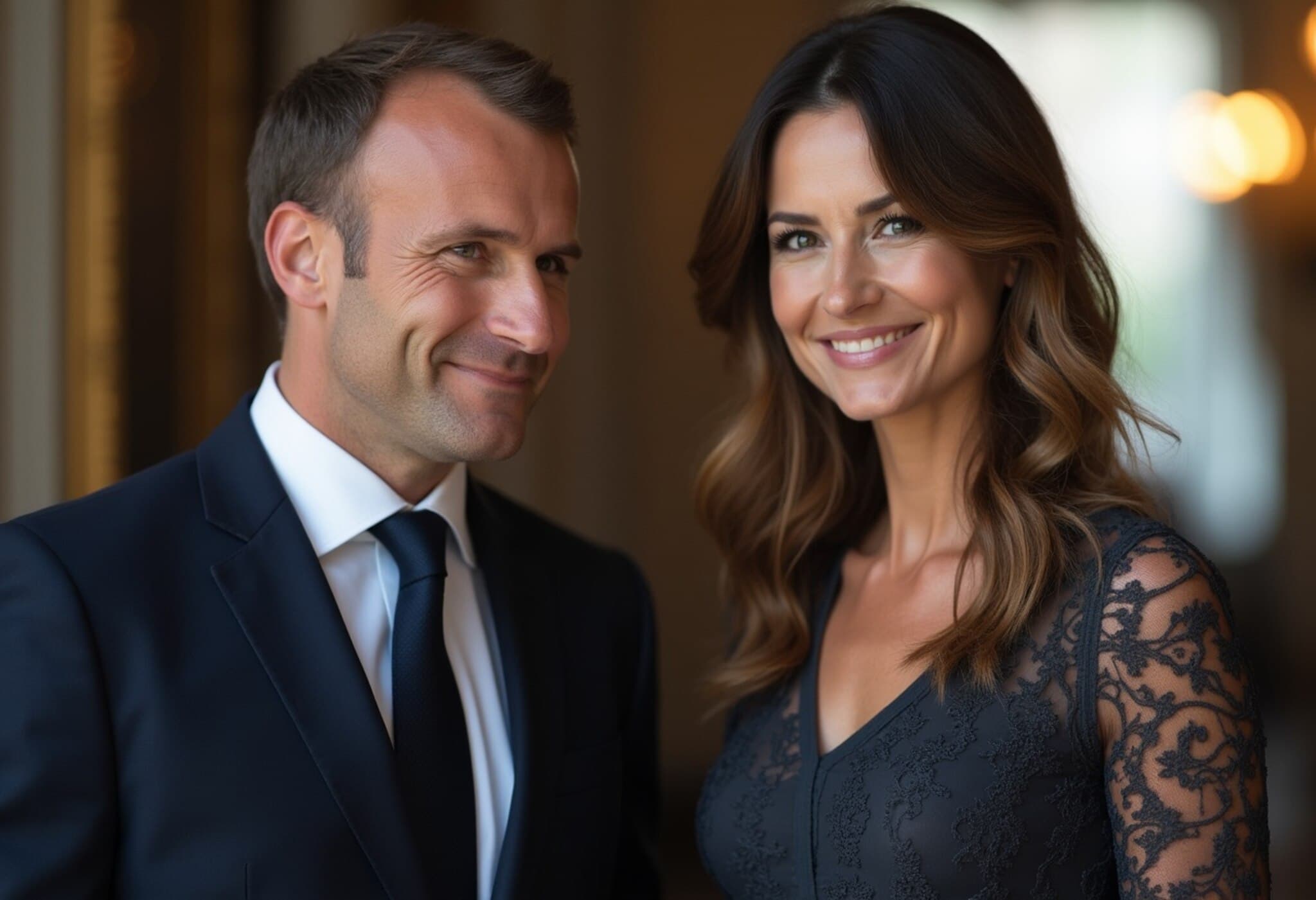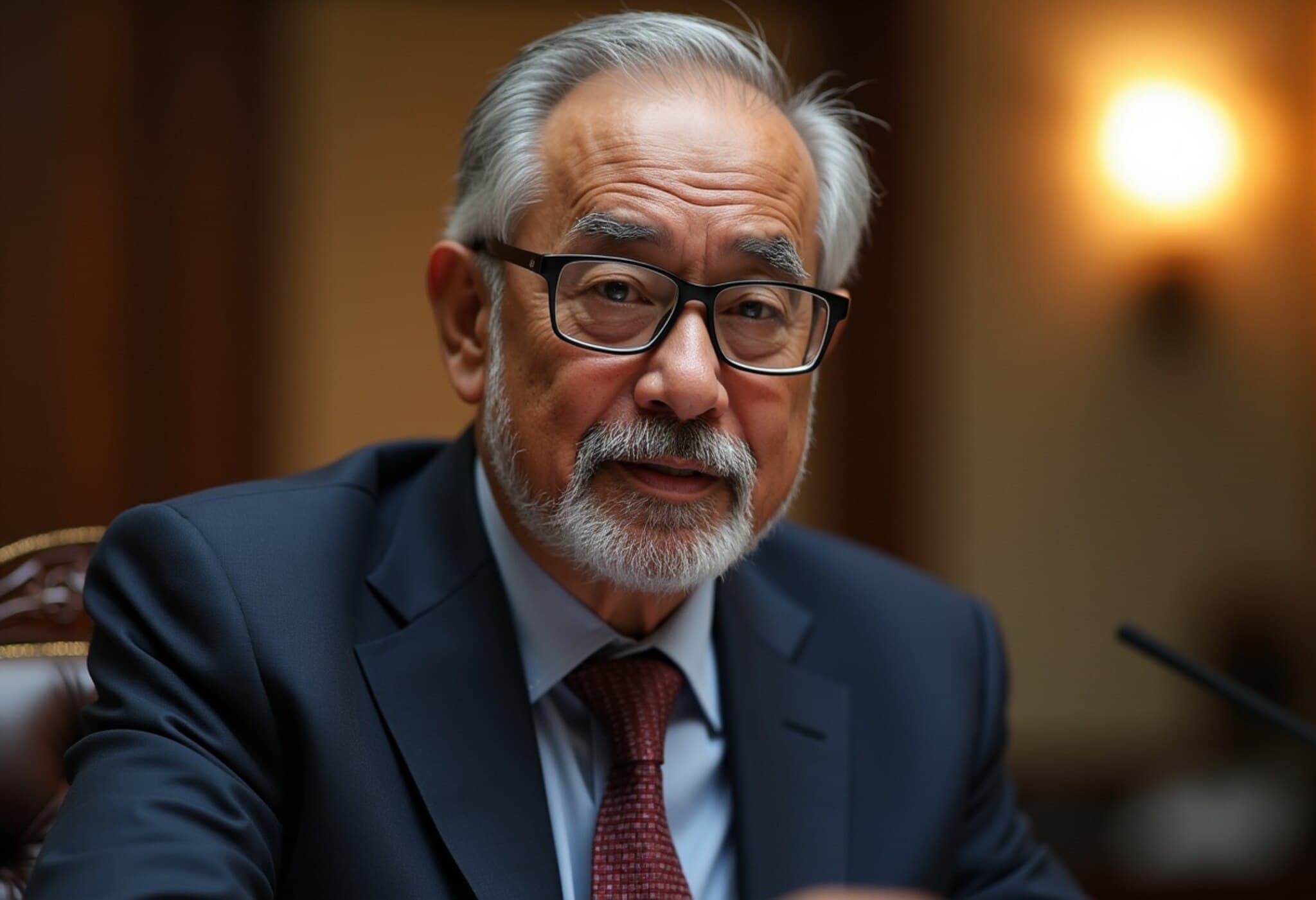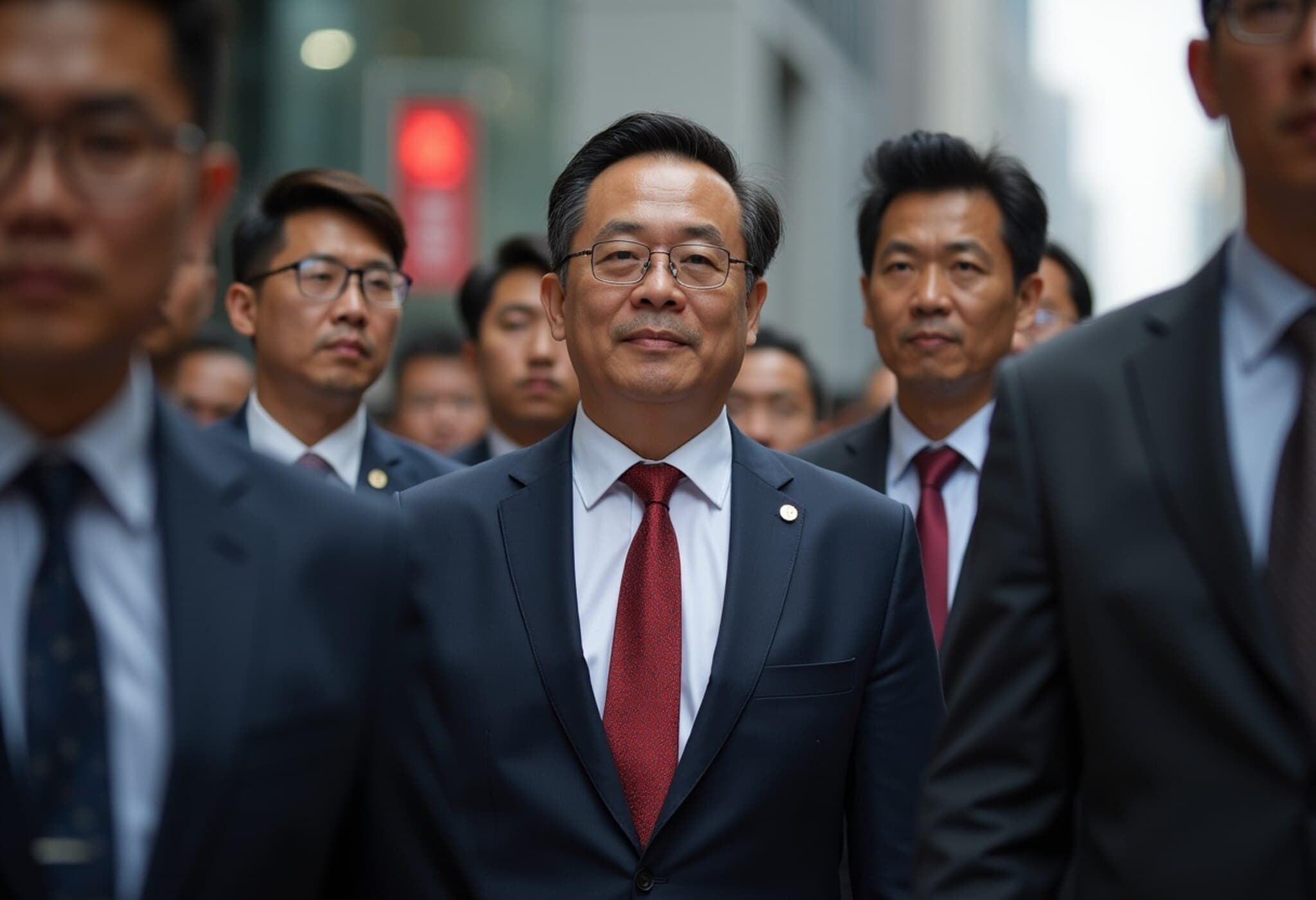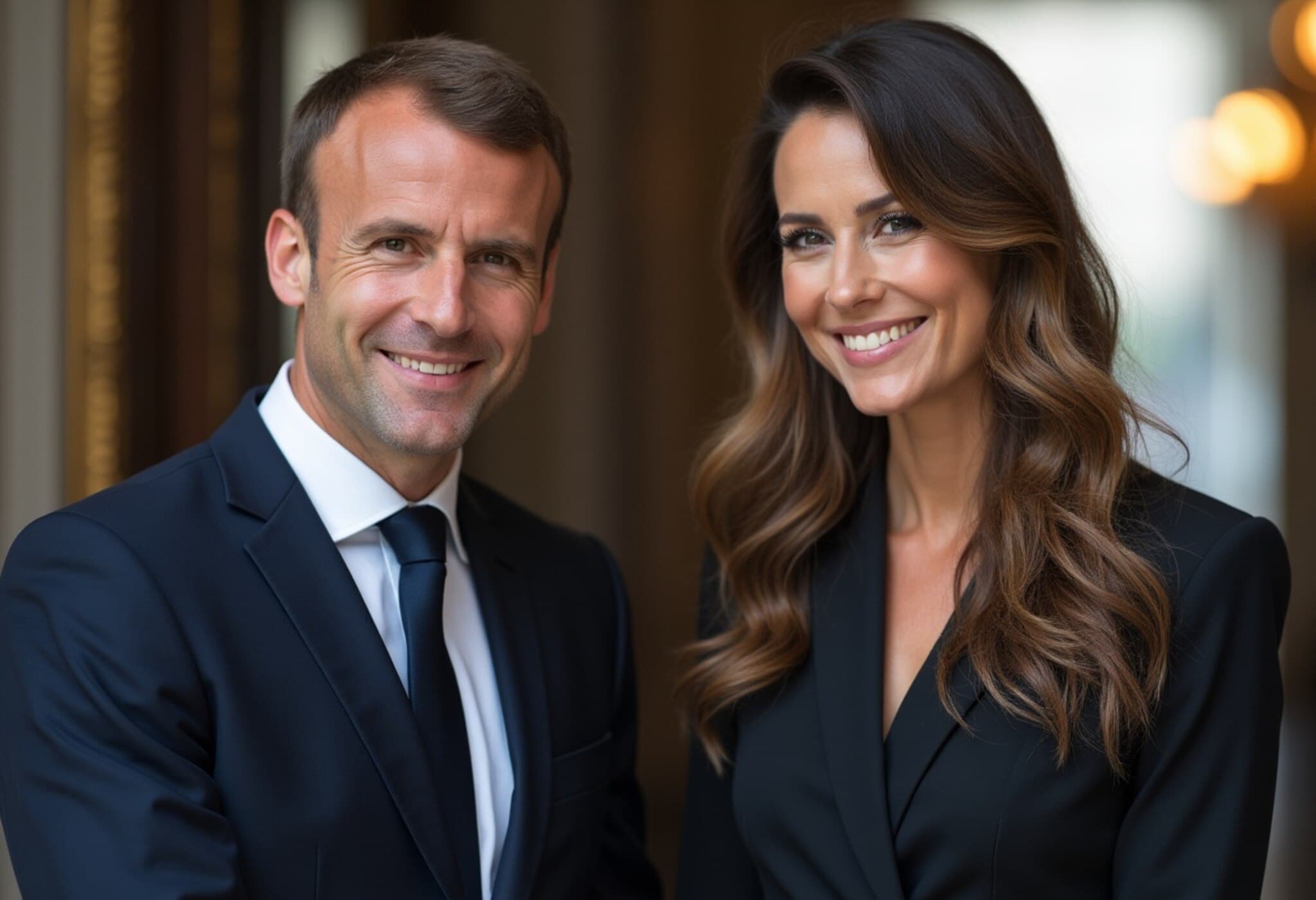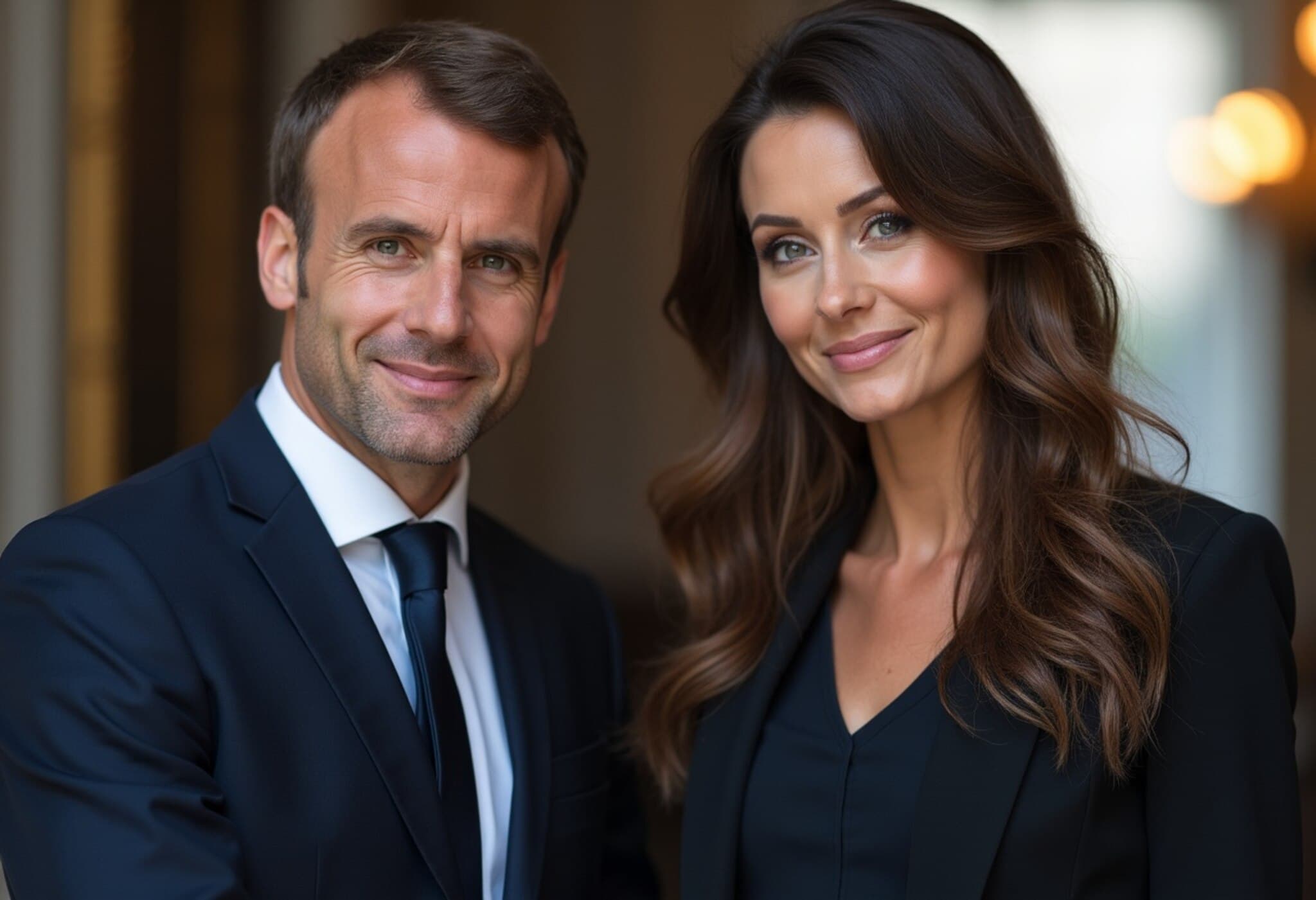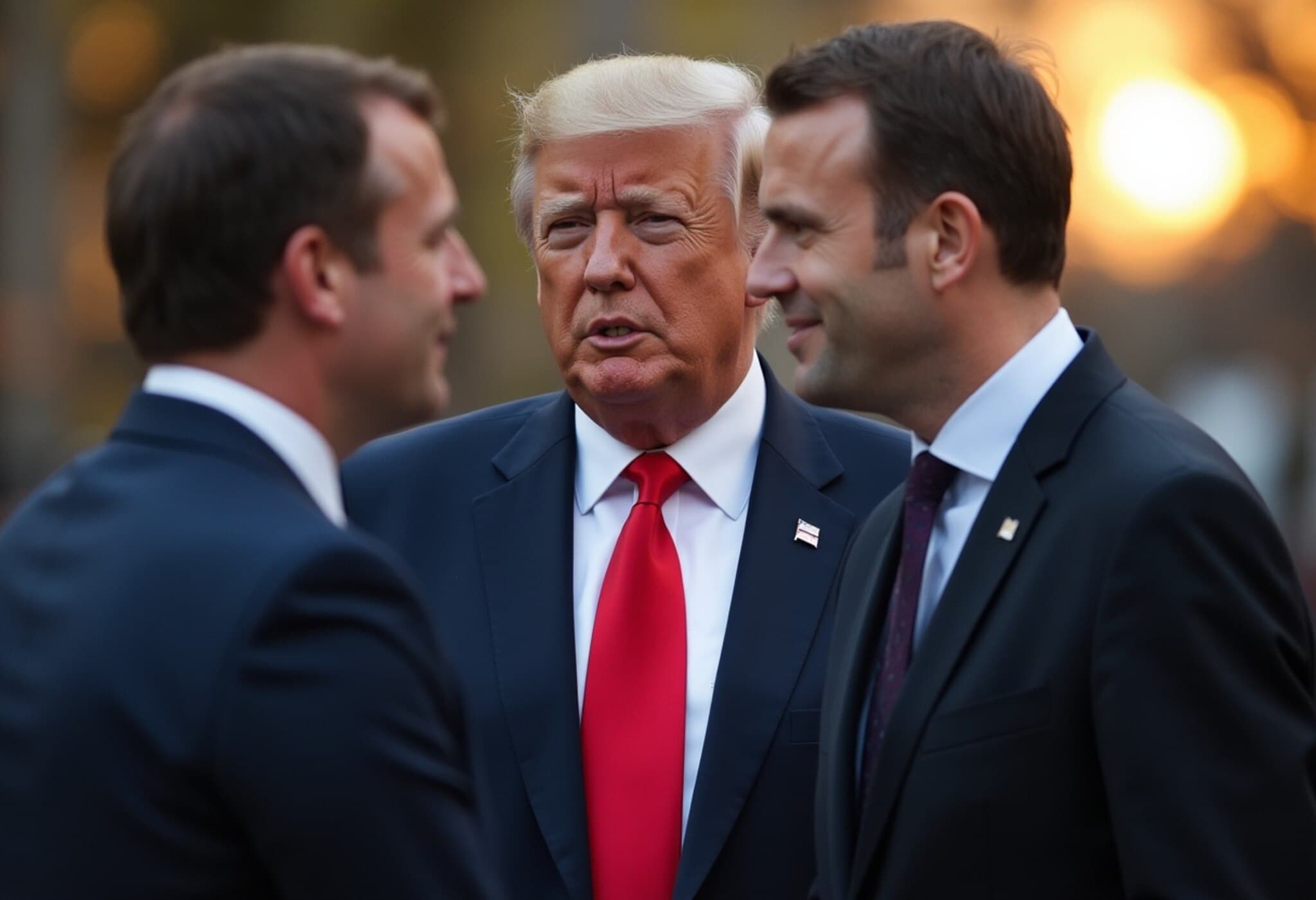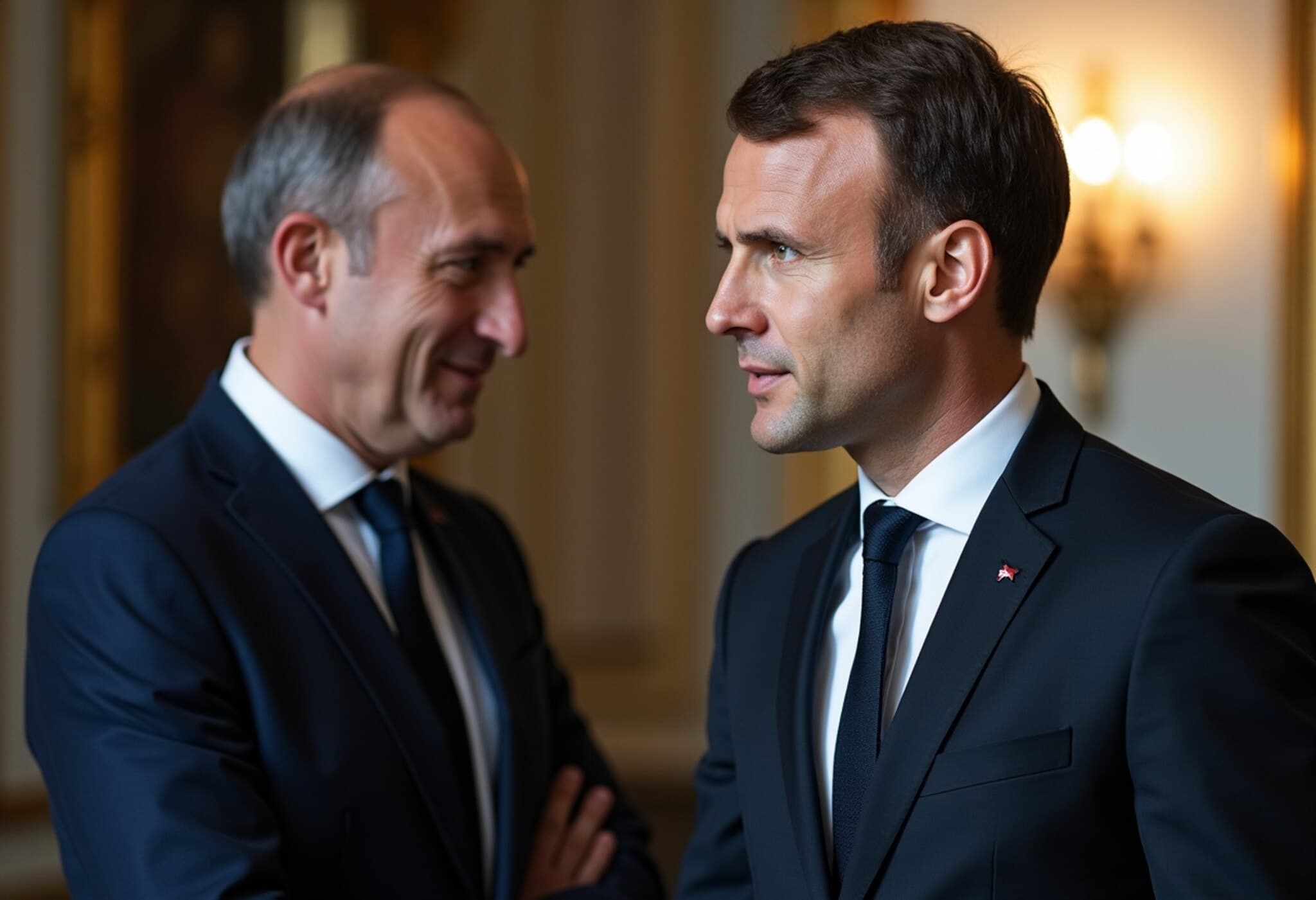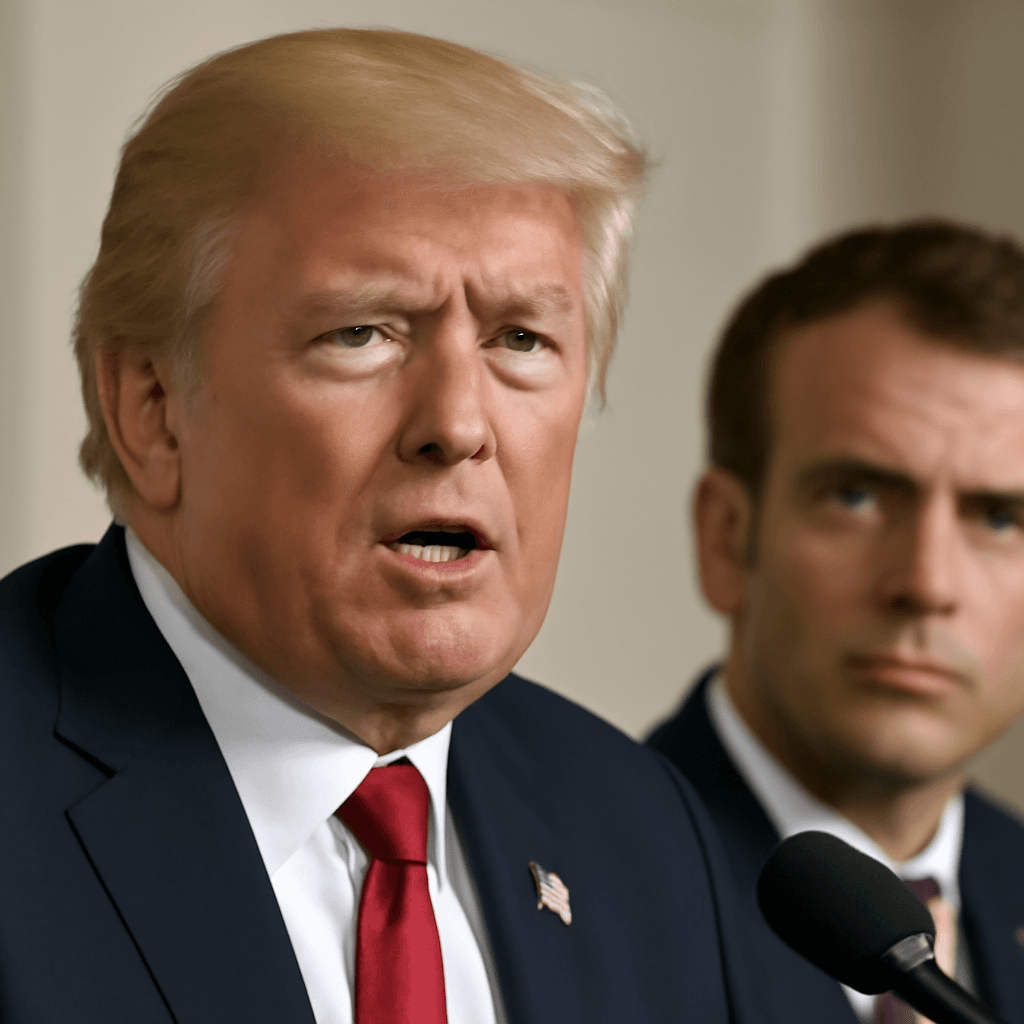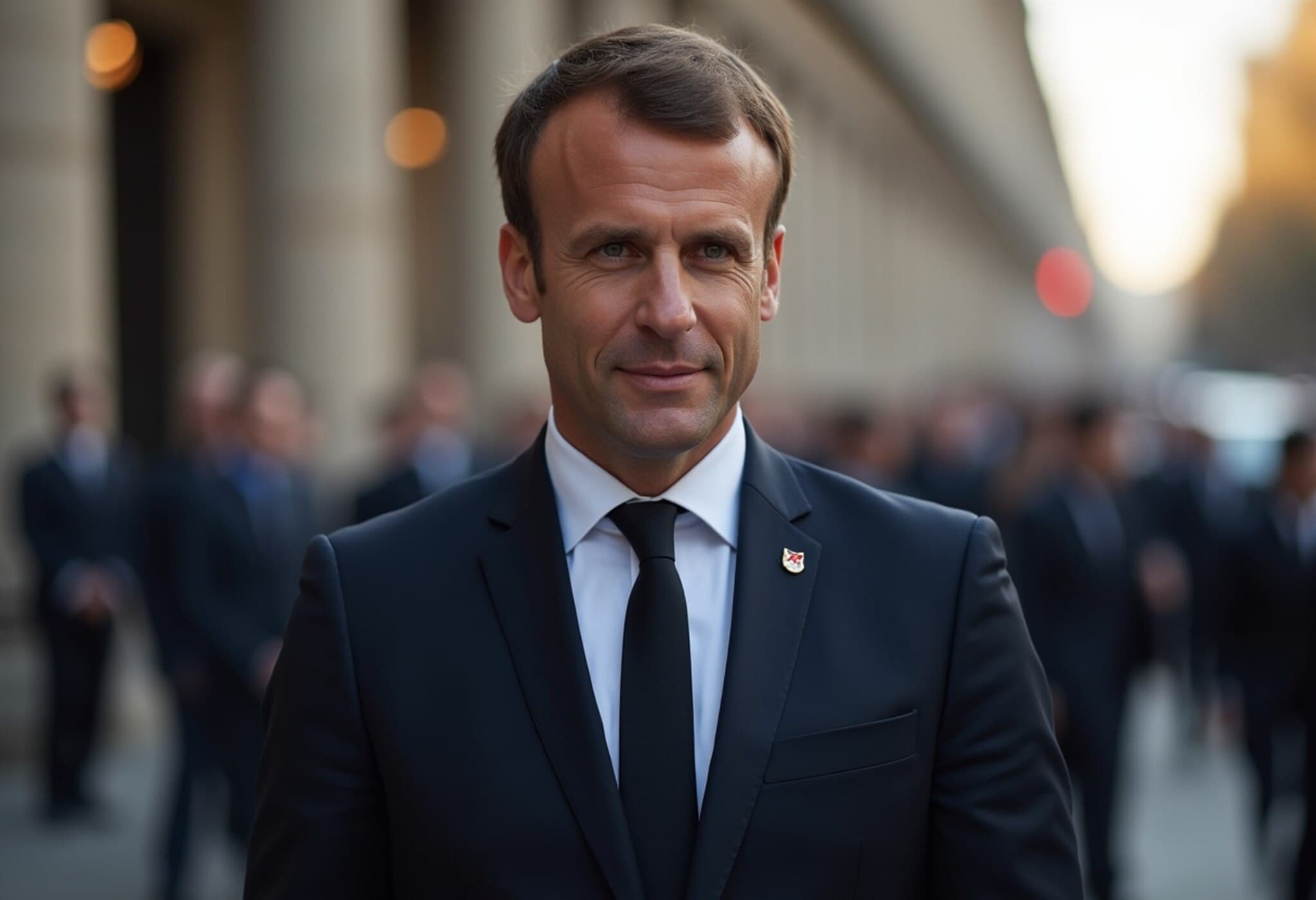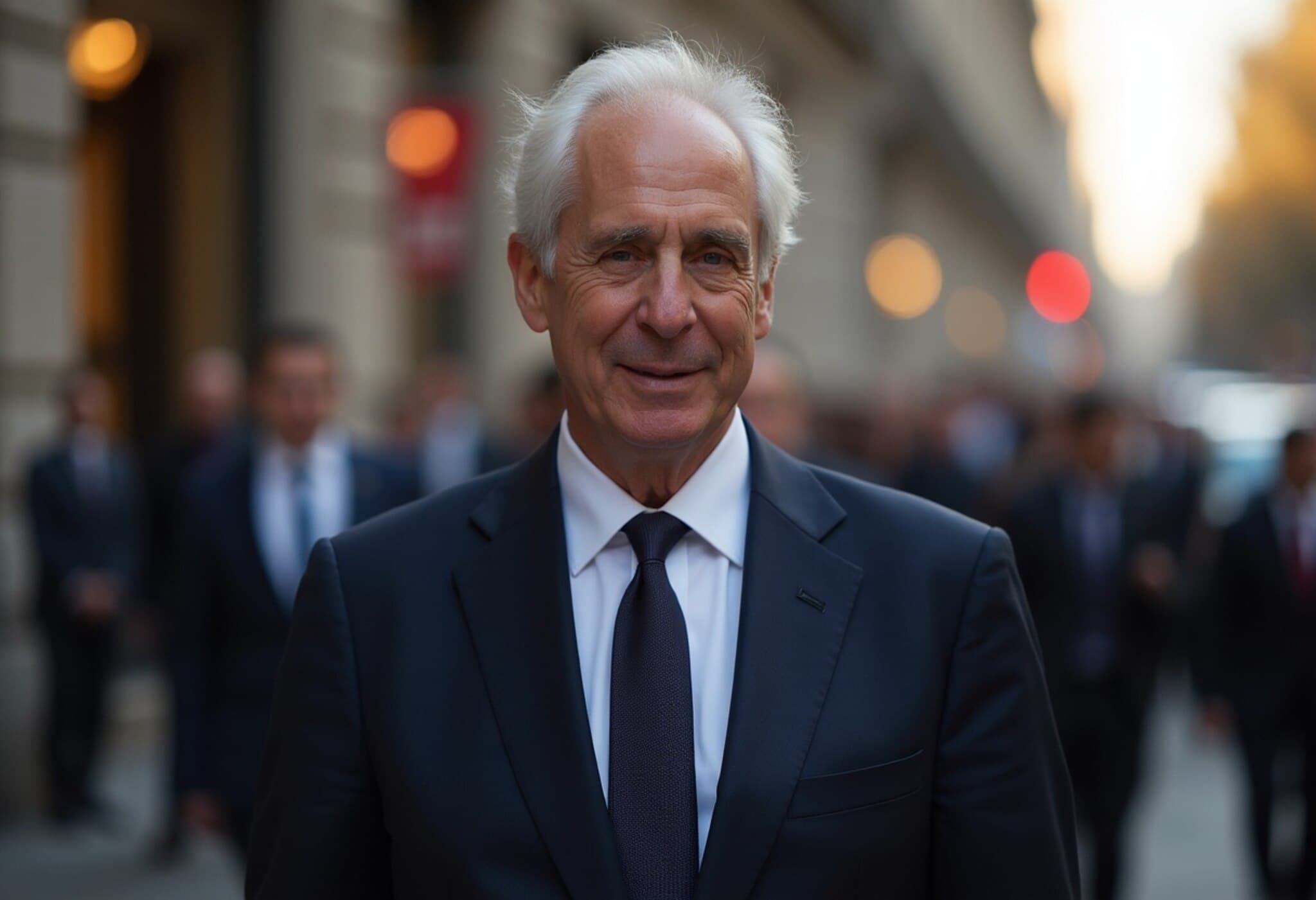French President Emmanuel Macron Takes Legal Action Against Candace Owens
In a bold legal move capturing international attention, French President Emmanuel Macron and his wife, Brigitte Macron, have filed a defamation lawsuit in the United States against prominent American right-wing influencer and podcaster Candace Owens. The case centers on Owens’ repeated false claim that Brigitte Macron was born male, a baseless allegation which the Macrons say has fueled a "campaign of global humiliation" against them.
Details of the Defamation Lawsuit
Filed on July 23, 2025, in the Delaware Superior Court, the lawsuit accuses Owens of disseminating "verifiably false and devastating lies" aimed at undermining the both the Macrons' personal dignity and public reputations. Among the incendiary rumors targeted in the suit is the assertion that Brigitte Macron, 72, was originally named Jean-Michel Trogneux and that the couple’s marriage is shrouded in scandal.
The complaint paints a vivid picture of relentless harassment: Owens allegedly dissected the couple’s appearance, their relationship history, family ties, and social circles, weaving these into a "grotesque narrative" expressly designed to provoke and degrade.
Claims and Allegations Addressed in Court
- Brigitte Macron’s gender and identity, including the false assertion of a male birth identity.
- Accusations that Brigitte stole someone else’s identity and underwent a gender transition.
- Speculation on the nature of the Macrons' relationship, alleging incestuous ties, which the lawsuit firmly denies.
- Origin of the couple’s relationship, clarifying the teacher-student dynamic took place within legal boundaries.
Candace Owens’ Response and Free Speech Defense
Owens’ spokesperson has countered the lawsuit by framing it as an attempt to suppress free speech. They stated, "Candace Owens is not shutting up. This is a foreign government attacking the First Amendment rights of an American independent journalist." The spokesperson emphasized that Brigitte Macron had turned down Owens’ invitation for an interview prior to the lawsuit.
Context: Defamation Lawsuits by Public Figures
The Macrons’ case stands out as a rare example of a sitting world leader pursuing defamation in the American legal system, particularly in Delaware, a popular jurisdiction for corporate and civil lawsuits. Public figures in the United States face a high legal hurdle in defamation cases, needing to prove "actual malice"—meaning that the defamatory party knowingly published falsehoods or acted with reckless disregard of the truth.
Past high-profile defamation suits include former U.S. President Donald Trump’s ongoing $10 billion complaint against The Wall Street Journal and a $15 million settlement with ABC over an inaccurate portrayal of a civil lawsuit involving him. These cases underscore the complex balance between protecting reputation and safeguarding free speech.
The Broader Media Landscape and Social Media Impact
Candace Owens commands a vast following, boasting over 6.9 million followers on X (formerly Twitter) and 4.5 million YouTube subscribers. Her podcast series Becoming Brigitte, linked to this lawsuit, accumulated over 2.3 million views on YouTube, amplifying the reach of these damaging claims.
According to the lawsuit, similar speculation about Brigitte Macron’s identity circulated as early as 2021 and found traction on major platforms hosted by conservative commentators like Tucker Carlson and Joe Rogan, complicating efforts to counter misinformation.
Legal Battles in France and International Implications
Brigitte Macron has also waged legal battles in France over related gender-based rumors, winning a defamation case against two women, including a self-described medium, in 2024. However, this ruling was overturned on appeal recently, prompting her to appeal further to France’s highest court.
This cross-continental legal tussle highlights pressing challenges around misinformation in the digital age, international jurisdiction, and the tension between personal dignity and free speech.
Expert Commentary: Navigating Defamation Laws in a Digital World
From a legal perspective, this lawsuit underscores the increasing complexity faced by public figures striving to protect their reputations against viral misinformation in an era dominated by social media and influential podcasters. The case raises essential questions:
- How should courts balance free speech rights with protections against deliberate falsehoods?
- What responsibilities do high-profile influencers have in verifying claims before broadcasting them to millions?
- How might international figures seek recourse when defamatory content crosses borders, especially given jurisdictional challenges?
These are questions that extend well beyond this singular case and carry implications for media literacy and digital regulation worldwide.
Looking Ahead: What to Watch
As the legal proceedings advance, observers will be watching how U.S. courts handle claims involving foreign dignitaries and American citizens, particularly in regard to jurisdiction and the First Amendment. Additionally, the impact on the public discourse shaped by influential digital personalities will be significant as society grapples with combating misinformation while preserving free expression.
Editor’s Note
The Macron lawsuit against Candace Owens shines a spotlight on the fragile intersection between reputation, identity politics, and freedom of speech in today's hyperconnected media landscape. While the Macrons fight to reclaim their dignity, this case challenges all of us to consider where the line should be drawn between robust public debate and harmful misinformation. As global information flows blur borders, the need for clear legal frameworks and responsible media conduct has never been more urgent.

